W. C. Jameson is the multiple award-winning author of more than a hundred books and over fifteen hundred articles. He has served as a consultant for film and television and has appeared on the History Channel, the Travel Channel, Discovery Channel, PBS, NPR, and Nightline .
When not writing, Jameson, who has recorded ten albums of his original music, is on the road 180 days each year performing at music festivals, concerts halls, college campuses, roadhouses, and on television. He lives in Llano, Texas.

A TWODOT BOOK
An imprint and registered trademark of The Rowman & Littlefield Publishing Group, Inc.
4501 Forbes Blvd., Ste. 200
Lanham, MD 20706
www.rowman.com
Distributed by NATIONAL BOOK NETWORK
Copyright 2020 W. C. Jameson
Illustrations by Richard Pee Wee Kolb
All rights reserved. No part of this book may be reproduced in any form or by any electronic or mechanical means, including information storage and retrieval systems, without written permission from the publisher, except by a reviewer who may quote passages in a review.
British Library Cataloguing in Publication Information available
Library of Congress Cataloging-in-Publication Data available
ISBN 978-1-4930-4608-9 (cloth : alk. paper)
ISBN 978-1-4930-4609-6 (electronic)
 The paper used in this publication meets the minimum requirements of American National Standard for Information SciencesPermanence of Paper for Printed Library Materials, ANSI/NISO Z39.48-1992.
The paper used in this publication meets the minimum requirements of American National Standard for Information SciencesPermanence of Paper for Printed Library Materials, ANSI/NISO Z39.48-1992.
CONTENTS
Guide
W hen Americans think of famous, notorious, and successful train robbers, the following names are generally mentioned: Frank and Jesse James, Butch Cassidy and the Sundance Kid, the Dalton Gang, the Doolin Gang, and Sam Bass. A name that is seldom, if at all, mentioned is one that few people have ever heard of: Willis Newton. Newton never received the headlines that announced and glorified the James Gang, the Daltons, and all the rest. This is extraordinary given the fact that the Newton Gang was far more efficient and effective than any other train robbery gang in history and amassed more loot than all of the other famous outlaws combined.
Until 1998 only a handful of people knew of Willis Newton and his gang and their outlaw escapades. In that year, a film The Newton Boys was released. Unfortunately, rather than introduce America to the real daring and successful outlaw, it was instead presented as a comedy drama vehicle for actor Matthew McConaughey. Unlike Jesse James, Butch Cassidy, and other better-known train robbers, no books had been written and published about Newton and precious few articles appeared until recently. In 1994 and 2013 two publications were released that consisted primarily of interviews with Newton and one of his brothers (see Selected References at end of book).
How, one must wonder, did the most successful train robber in the history of the United States manage to remain in relative obscurity during his incredible life of crime, one that spanned six decades? The answer to this question is multifaceted.
First, no one outside of a few immediate family members and a handful of criminal peers knew of Willis Newtons phenomenal train and bank robbery successes. Until he and his brothers were captured, following a 1924 train robbery near Rondout, Illinois, where $3 million was heisted, neither law enforcement authorities nor investigators hired by the banks and railroads had an inkling of his identity.
Second, when Willis and his gang were sentenced to prison for their role in the Rondout train robbery in 1925, the country was largely preoccupied with the beginnings of the Great Depression. Willis Newton served much of his time in prison during these embryonic years of that economic and social catastrophe, and because so much of the countrys population was busy surviving the various hardships inflicted upon them, they had little time or opportunity to be concerned about a train robber they had never heard of.
Third, when Willis was released from prison, he kept silent about his criminal activities for years. After he began giving interviews in the early 1970s, when he was eighty-four years old, he stated that he could now talk freely since the statute of limitations had expired on all of his crimes. By this time, the life, times, and adventures of a number of American outlawsJesse James, Butch Cassidy, the Dalton Gang, and otherswere solidified in the minds of Americans as a result of books, articles, films, and even poetry, songs, and the stage.
It was only when Willis and brother Joe agreed to interviews that details of the Newton Gangs criminal exploits came to light. In his eighties, Williss mind was sharp and he often recalled precise elements of numerous train and bank robberies, including times and places, as well as some of the people involved, including the lawmen and detectives who pursued him. Until Willis and Joe spoke up, virtually none of their train and bank robberies had been solved.
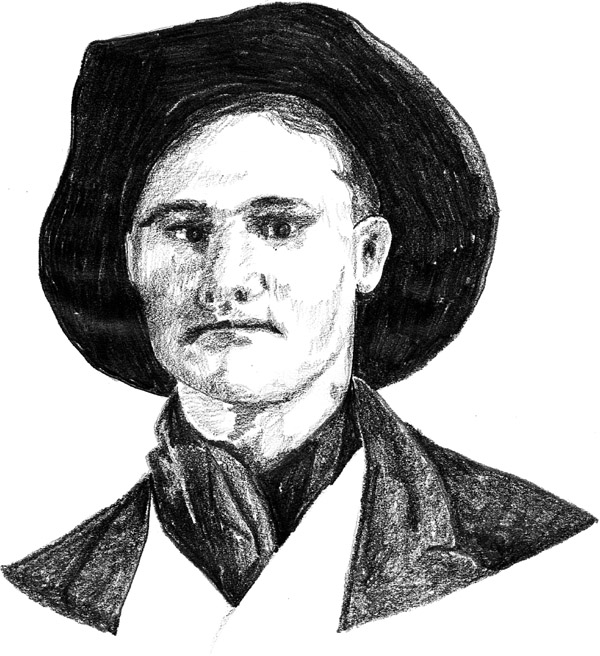
Willis Newton as a young man
Newtons accounts, however, were somewhat colored by his grandiose opinion of himself, his motivations, and his goals. Filled with braggadocio, embellishment, and self-aggrandizement, Williss tales were of a fearless and brave outlaw who outwitted the law at every turn and made himself the hero of every tale. Willis never apologized or expressed regret for his actions, stating that he only took money from other crooks who were worse than he was, specifically the banks and railroads. He said he was just one thief robbing from another, and he saw nothing wrong with that. Willis claimed the insurance companies were the biggest thieves in the country.
Willis Newton considered himself a professional on a par with corporate executives. He once stated that all we wanted was the money, just like doctors, lawyers, and other businessmen. Robbing banks and trains was our way of getting it; that was our business.
Willis told interviewers that he and his gang never killed anyone and never intended to harm anyone. He stated, I always told the boys, if you have to shoot, dont shoot to kill.... We loaded our guns with birdshot a lot of times just so we wouldnt kill anybody. Willis was not telling the truth, for in at least one instance the Newton Gang was guilty of murder during a train robbery.
Willis always insisted he only robbed the men and was always chivalrous to the ladies. He often painted himself as the gentleman bandit. An examination of newspaper reports of his robberies tell a different story.
The fact that Willis Newton and his gang were responsible for robbing six trains and eighty banks before getting caught is most impressive by outlaw standards. Even more astonishing is the fact that statistics indicate that the life expectancy of train and bank robbers was quite short. Willis and his brothers all lived into their seventies and eighties and died of old age.
The Newton Gang was unlike any other in many ways. Writers Claude Stanush and David Middleton likened Willis Newtons planning of train and bank robberies to systems analysis. Willis was continually immersed in the study of banking operations, of law enforcement systems, of security systems, of criminal justice systems, and of systems of demolition. According to the authors, the gang
took advantage of every asset the technologies afforded: nitroglycerine to blow safes, the best-built and fastest cars to make their getaways, the latest road maps on which they could trace the getaway routes, and efficient weapons which each of them made sure they knew how to operate with maximum effect.


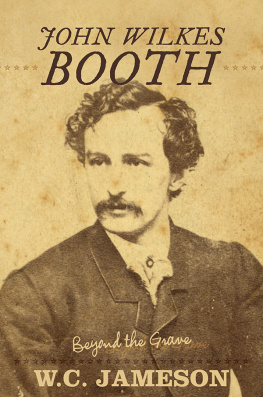
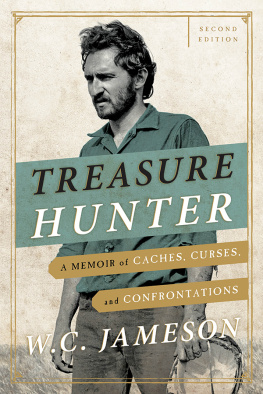


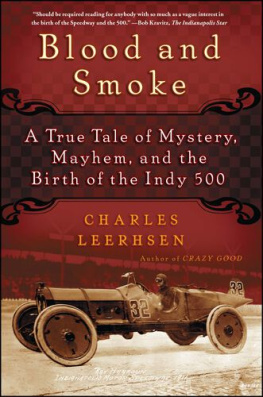

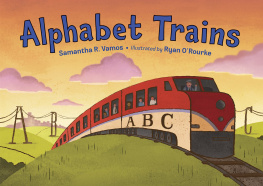
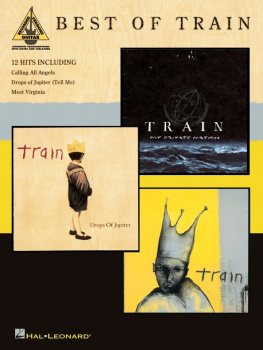
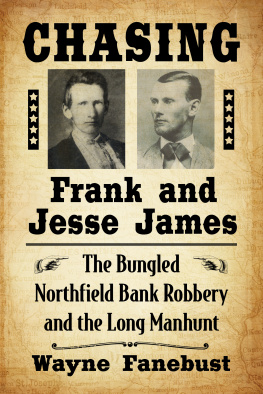

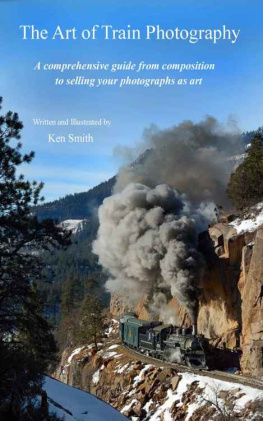


 The paper used in this publication meets the minimum requirements of American National Standard for Information SciencesPermanence of Paper for Printed Library Materials, ANSI/NISO Z39.48-1992.
The paper used in this publication meets the minimum requirements of American National Standard for Information SciencesPermanence of Paper for Printed Library Materials, ANSI/NISO Z39.48-1992.